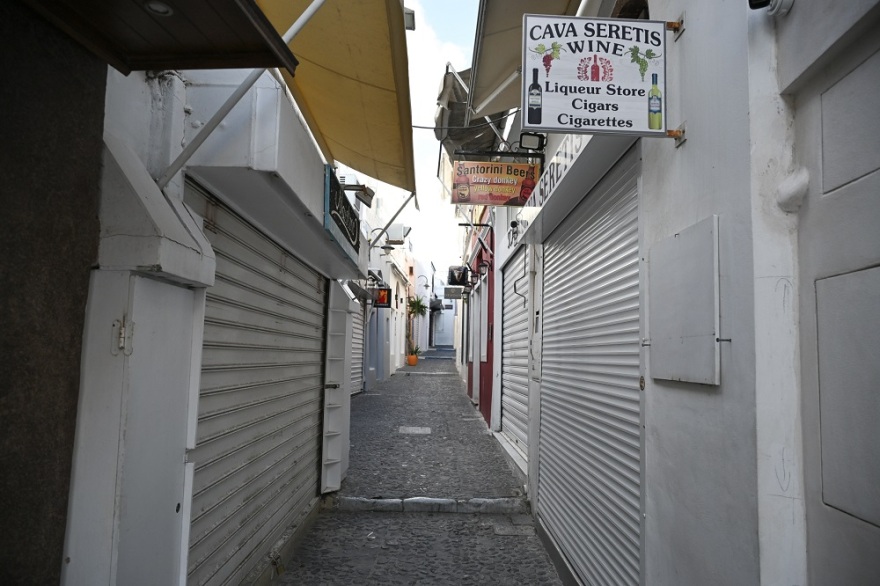Newsroom
Santorini, one of Greece’s most beloved tourist destinations, has been left eerily quiet. The usually bustling island, famous for its stunning caldera views and whitewashed houses, has emptied as thousands of residents, workers, and visitors flee a relentless earthquake swarm shaking the region.
Between January 26 and February 3, more than 6,400 earthquakes were recorded in the Santorini-Amorgos zone. The tremors have intensified, with over 1,300 quakes on February 2 and more than 1,400 the next day. This wave of seismic activity has spooked locals and sent shockwaves through the tourism industry, raising concerns about the upcoming summer season.
A City on Edge
In just three days, more than 9,500 people departed the island by ferry, according to Greece’s Shipping Ministry. Shops have shut down, alleyways are deserted, and only a handful of people remain in the open streets.
"People are panicking. Every few minutes, we feel the ground shaking," said a local hotel owner who has temporarily closed his business. "I don’t know when—or if—I’ll be reopening."
For an island that thrives on tourism, this mass exodus is deeply worrying. While it is still winter, businesses are already fearing a ripple effect that could impact the lucrative summer months. "Tourists won’t come if they think the island is unsafe," said a restaurant owner. "We could be looking at a disastrous season."

Scientists Warn of Uncertainty
Seismologists from the University of Athens say the earthquake swarm could go in one of two directions. The more optimistic scenario is that the quakes will gradually decrease in size and frequency over the coming months, much like what happened during a similar seismic episode in Thebes.
The more alarming possibility, however, is that this swarm is leading up to a much larger earthquake. Experts warn that the tremors could trigger a major fault rupture, potentially resulting in a powerful quake that could cause widespread damage.
While the earthquakes are occurring in an area known for its volcanic activity, scientists insist that this particular swarm does not appear to be linked to a volcanic eruption. Instead, they believe the activity is tied to shifting fault lines in the Anydros Sea Basin.

Will Tourists Stay Away?
With uncertainty lingering and tremors still being recorded, the big question remains: Will Santorini’s world-famous summer season take a hit?
If the earthquakes subside soon, tourism may recover by summer. However, if the tremors continue or fears of a major earthquake persist, travelers may hesitate to book their dream island getaway.
For now, Santorini remains in limbo—shaken, deserted, and anxiously awaiting what comes next.
*With information from Protothema.gr and AP news.
































